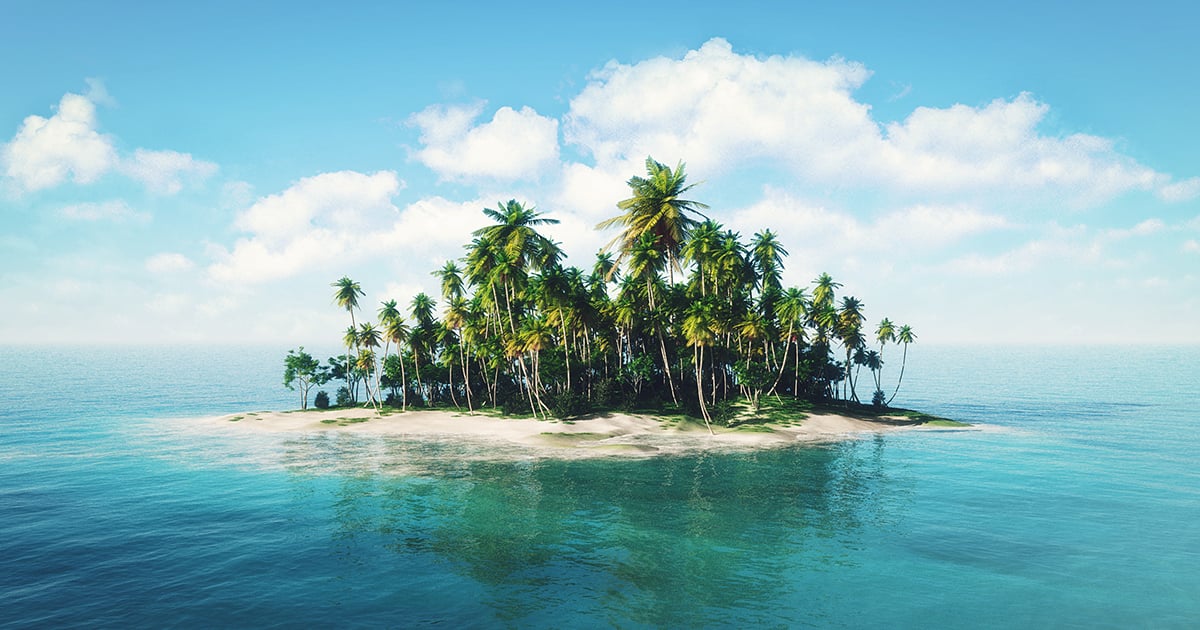Death of a Missionary

Bruce Smith

The story of the death of John Chau has captured the attention of a lot of people this past week, for a variety of different reasons. Some have been shocked to learn that Christian missionaries still exist at this point in world history, or that anyone might be motivated by a cause greater than self-preservation. Others have suddenly surfaced as champions of the Sentinelese people, idealizing their primitive isolation as a treasure that must be protected from theft.
As one who has spent the past 33 years personally involved in international Christian mission work, I have pondered John’s choice and its impact. I’ve never met a Sentinelese person, but I have spent time with people in similar circumstances. I’ve walked with them, eaten meals with them, cried with them, served them, and prayed with them. I’ve suffered some of their diseases. I’ve traveled to places where outsiders are feared and hated. I’ve met people who had previously only seen outsiders through the sight of a gun. In many of these cases I was not invited, but in each case I was welcomed. There were moments in which I fully expected to be killed. The mere fact that I was not killed has spared me from the public fascination attached to John’s death.
It is tempting for outsiders to imagine life in primitive isolation as idyllic. This may be true somewhere, but I haven’t seen it. The people I’ve met in similar circumstances live in grave fear and misery. They are spared from modern illnesses, but instead suffer from illnesses, diseases, and tropical fevers that have been eradicated from most of the modern world for centuries. Life in isolation is objectively more precarious than life with access to modern medicine. Many of these people also suffer under spiritual and emotional oppression from occult powers that are suppressed by Christian influences in other places. We might prefer to believe that occult power is either imaginary or benign, but many know from harsh personal experience that this is not the case. Demons still possess, entrance, mentally and physically torture people against their will.
Isolated people are also often protected from things like religious freedom, political empowerment, literacy, property ownership, economic development, and advanced education. Curiously, I’ve never met a person in these circumstances who enjoyed these protections. These protections are, instead, valued by their protectors.
Although I didn’t know John Chau, I know many people who are reaching across geographic, political, and religious boundaries to demonstrate Christian love and compassion. They are investing their lives, their talents, their energy, and their experience to bring hope to people that need hope. Everyone in the world is investing their time in something. Most of our investments return short-term dividends. John Chau invested his life for the long-term benefit of the Sentinelese.
Only time will tell the return on his investment.


